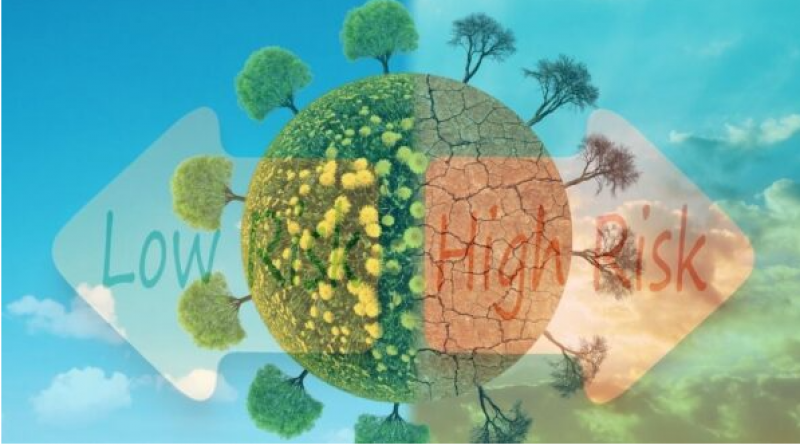U.S. financial regulators release proposals for climate risk management

Climate change could bombard the U.S. financial system on many fronts, and the nation’s growing dependence on natural gas for heating and electricity requires particular scrutiny as regulators scramble to catch up on the threat.
That’s the conclusion of a landmark report from the Financial Stability Oversight Council, the federal entity established after the Great Recession to guard against future economic disasters. It marks the first time the council has deemed climate change an “emerging threat” to the U.S. economy since the council was created as part of the Dodd-Frank financial reforms of 2010.
“Are we behind? Of course we are,” a senior administration official on the council, who declined to be named on the record, said on a press call. “This is the starting gun going off for the U.S. financial regulatory system.”
The assessment came just days after British regulators called on companies to disclose strategies to swiftly zero out planet-heating pollution and their European Union counterparts outlined plans to test banks’ ability to withstand climate-related shocks. Emphasizing the political challenges the U.S. faces in confronting the crisis, the Biden administration’s plan to cut roughly one-third of the nation’s emissions appeared to die in Congress, setting policymakers scrambling for alternatives.
[Alexander Kaufman]
25 October 2021
IEEFA





